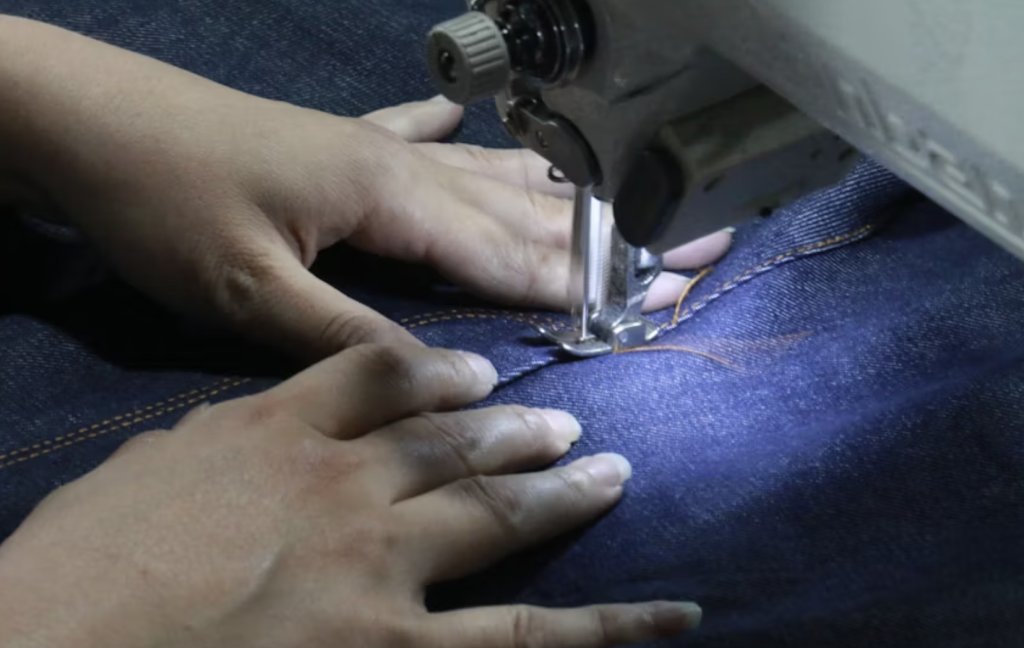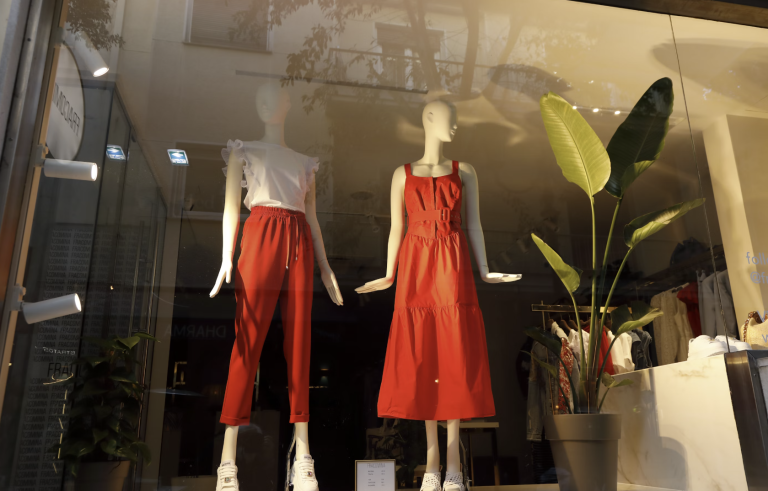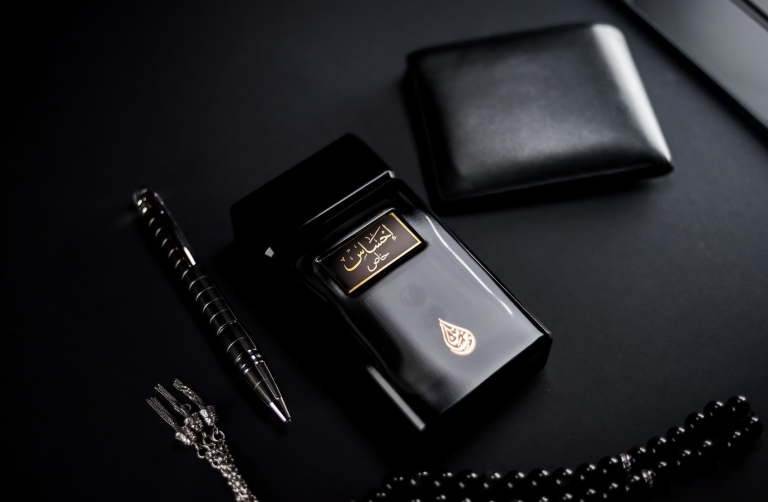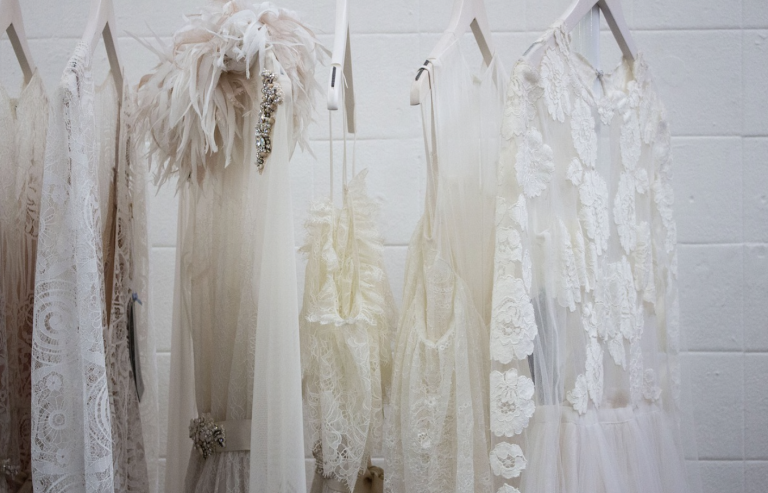
Introduction: What is Quiet Luxury?
In the fast-paced world of fashion, trends often come and go, but one movement is quietly gaining traction—quiet luxury. This concept focuses on luxury goods that are understated, timeless, and defined not by flashy logos or ostentation, but by superior craftsmanship, sustainable practices, and ethical values. In contrast to the loud, in-your-face branding that has long dominated high-end fashion, quiet luxury is an approach that speaks volumes through its commitment to quality and responsibility, rather than excessive marketing.
The Rise of Conscious Consumerism
Consumers today are more conscious than ever about the choices they make, especially when it comes to luxury goods. The demand for ethically sourced materials, sustainable production methods, and transparent business practices has shifted the focus from superficial branding to genuine values. Quiet luxury fits seamlessly into this paradigm, offering luxury goods that are as thoughtful as they are exquisite.
How Quiet Luxury Sets Itself Apart
Quiet luxury doesn’t rely on loud advertisements or overt displays of wealth. Instead, it focuses on quality, durability, and a deeper connection to the values it represents. These brands emphasize refined design and unparalleled craftsmanship, allowing the products to speak for themselves. It’s about understated elegance that doesn’t need to shout to be noticed. In fact, it is often the subtlety that appeals most to those in the know.
The Shift from Hype to Ethical Values
Consumer Preferences are Changing
With the rise of social media influencers and the proliferation of fast fashion, consumers have been inundated with a constant stream of new trends. However, the tide is shifting. Younger consumers, particularly Gen Z, are seeking brands that align with their ethical beliefs. They prioritize sustainability, transparency, and social responsibility over mindless consumption and status-driven purchases. Quiet luxury brands are responding to this demand by emphasizing the integrity of their processes rather than the loudness of their marketing campaigns.
The Impact of Social Media on Brand Perception
Social media has long been a platform for brands to generate buzz, but it has also become a space where consumers can hold brands accountable for their actions. The likes of Instagram and TikTok are no longer just tools for product promotion; they’ve become venues for public scrutiny. Ethical concerns, such as labor practices, environmental impact, and animal rights, are at the forefront of public conversations. Brands that fail to meet these standards are increasingly being called out. Quiet luxury brands, on the other hand, are thriving in this new environment because their business practices often align with the values that matter most to today’s socially aware consumers.
What Defines a Quiet Luxury Brand?
Craftsmanship and Quality Over Flashy Logos
Quiet luxury is all about subtlety. These brands are not interested in placing an oversized logo on their products as a symbol of wealth. Instead, they invest heavily in craftsmanship, ensuring that every product they create is of the highest quality. The focus is on materials that will stand the test of time, whether it’s hand-stitched leather, rare fabrics, or meticulously crafted accessories. This commitment to quality ensures that the product itself becomes the ultimate statement of luxury—no logos required.
Sustainability and Ethical Practices at the Core
At the heart of quiet luxury lies a commitment to sustainability. These brands go beyond using eco-friendly materials; they take a holistic approach to ethical fashion. This includes fair wages for workers, responsible manufacturing practices, and efforts to reduce waste and carbon footprints. For example, many quiet luxury brands are embracing slow fashion principles, producing fewer items but ensuring that every piece is made to last. This stands in stark contrast to the “fast fashion” mentality that focuses on mass production and short-lived trends.
Case Studies: Brands Leading the Quiet Luxury Movement
Bottega Veneta: Quiet Luxury in the Age of Noise
Bottega Veneta is the epitome of quiet luxury. Known for its minimalist designs and exceptional craftsmanship, the brand avoids the use of obvious branding and flashy logos. Instead, it relies on a rich heritage of craftsmanship and understated elegance to communicate its values. Under the direction of creative director Daniel Lee, Bottega Veneta has cemented its place as a leader in the quiet luxury movement, focusing on timeless pieces that transcend fleeting trends.
The Row: A Focus on Timeless Elegance
Founded by Mary-Kate and Ashley Olsen, The Row is another prime example of quiet luxury. The brand is synonymous with minimalist elegance, offering high-quality, timeless pieces that prioritize craftsmanship over trends. The Olsen twins have made sustainability a cornerstone of the brand, choosing to work with artisans who share their commitment to ethical fashion. The Row’s pieces are designed to be worn for years, not just seasons, making them a perfect representation of the quiet luxury ethos.
Loro Piana: The Secret Behind Unspoken Luxury
Loro Piana is a family-owned Italian brand renowned for its luxurious cashmere and wool products. The brand’s focus on the finest materials, combined with its commitment to sustainable practices, has made it a leader in the quiet luxury space. Loro Piana’s designs are subtle and sophisticated, making them highly sought after by those who value quality over conspicuous consumption.
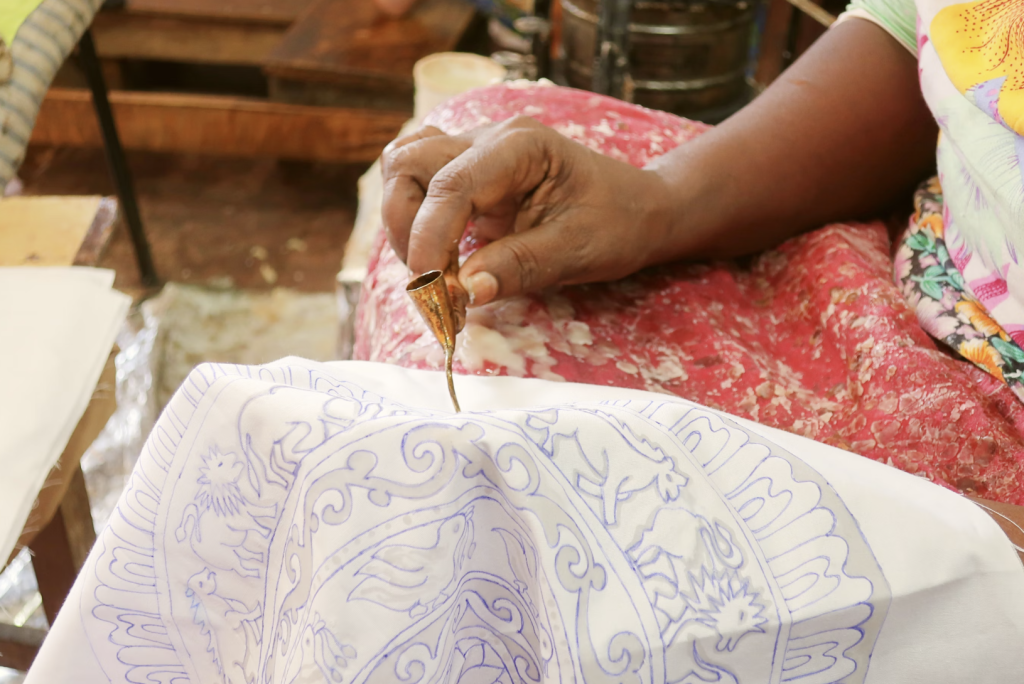
Challenges Faced by Quiet Luxury Brands
Balancing Profitability with Ethical Commitments
One of the key challenges for quiet luxury brands is balancing profitability with their ethical commitments. Sustainability initiatives often come with a higher price tag, and the limited production of high-quality items means that these brands may not see the same volume of sales as mass-market fashion labels. However, for many quiet luxury brands, the trade-off is worth it—they’d rather serve a smaller, more discerning customer base that values quality and ethics over mass appeal.
The Risk of Being Misunderstood
Another challenge is the risk of being misunderstood. Quiet luxury brands often don’t advertise their ethical practices in the same way that other companies tout their sustainability credentials. As a result, they may not always get the recognition they deserve. However, this subtle approach aligns with the very essence of quiet luxury: it’s not about seeking attention, but rather about building a loyal following that understands and appreciates the brand’s values.
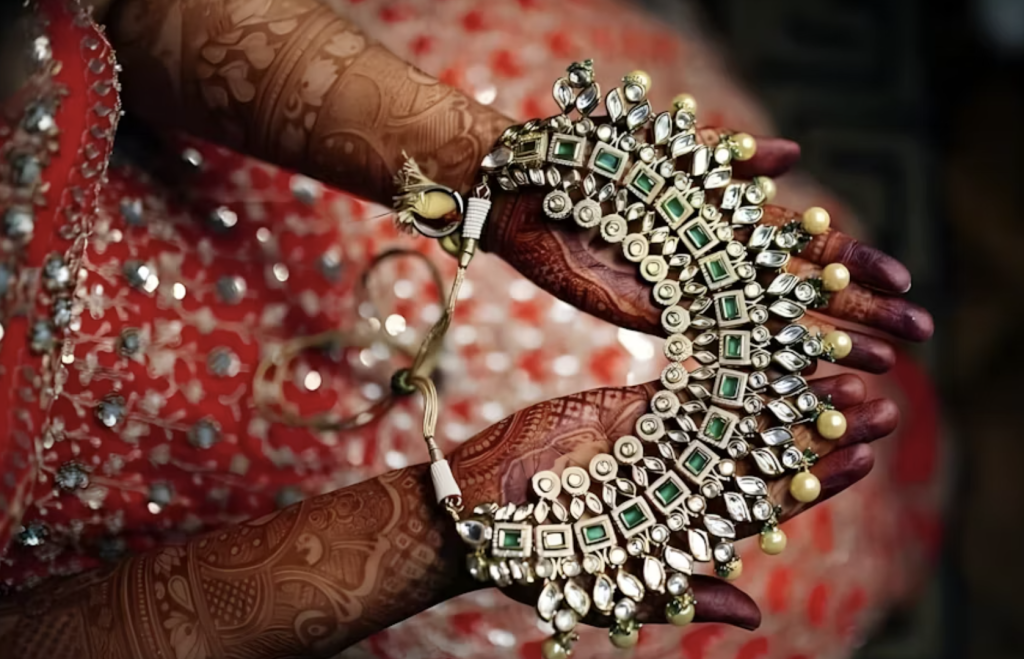
Why Quiet Luxury is the Future of Fashion
Ethical Practices as a Competitive Advantage
In today’s competitive fashion landscape, ethical practices have become a major differentiator. Consumers are increasingly seeking out brands that align with their values, and companies that prioritize sustainability and responsible practices are reaping the rewards. Quiet luxury brands, with their commitment to ethics and quality, are perfectly positioned to thrive in this new era of conscious consumerism.
Consumer Trust and Long-Term Brand Loyalty
Consumers today are more discerning and skeptical than ever before. They value transparency and authenticity, and they are increasingly choosing brands that they trust. By focusing on ethical production and high-quality craftsmanship, quiet luxury brands are building long-term relationships with their customers, fostering trust and loyalty that can last for years.
Conclusion: The Legacy of Quiet Luxury
Quiet luxury represents a significant shift in the fashion industry, one that prioritizes ethics, sustainability, and craftsmanship over hype and flashy branding. As consumer preferences continue to evolve, brands that embrace these values are not only ensuring their relevance in the future—they are also setting the standard for what luxury should look like in the years to come. The quiet impact these brands are making is loud enough to change the entire industry for the better.
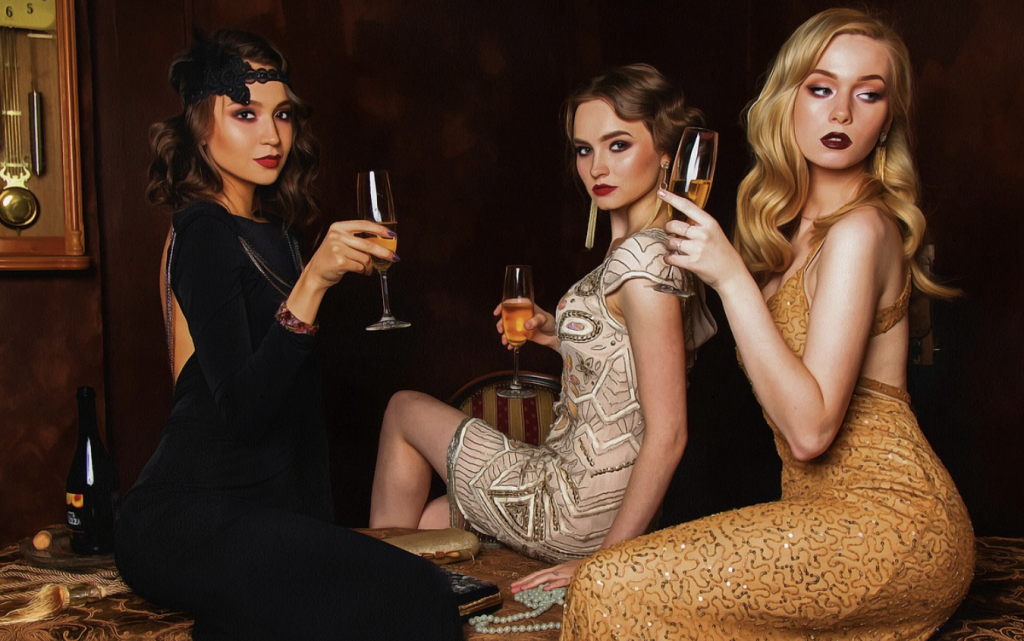
FAQs
1. What is quiet luxury?
Quiet luxury is a movement within the fashion industry that emphasizes understated elegance, high-quality craftsmanship, and ethical production over flashy logos and excessive marketing. It is about creating timeless, sustainable products that speak for themselves.
2. How is quiet luxury different from traditional luxury brands?
Traditional luxury often relies on bold branding and logos to signify status, while quiet luxury brands focus on subtlety, craftsmanship, and ethical values. They prioritize quality and sustainability over conspicuous consumption.
3. Which brands are leading the quiet luxury movement?
Notable brands in the quiet luxury space include Bottega Veneta, The Row, and Loro Piana, each known for their commitment to quality, craftsmanship, and ethical practices.
4. Why is sustainability important in quiet luxury?
Sustainability is central to quiet luxury because it aligns with the values of conscious consumerism. These brands prioritize responsible sourcing, fair labor practices, and environmental impact, ensuring that their products are both high-quality and ethically produced.
5. Will quiet luxury continue to grow in popularity?
Yes, as more consumers demand transparency and ethical practices, quiet luxury is likely to continue its growth. The focus on sustainability, quality, and authenticity aligns with broader shifts in consumer behavior, making quiet luxury a key player in the future of fashion.
